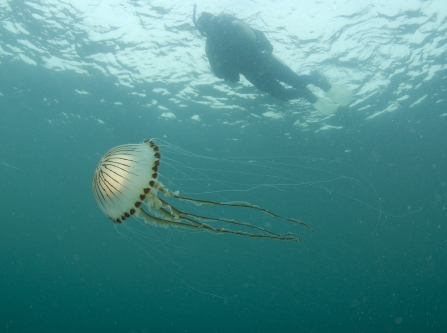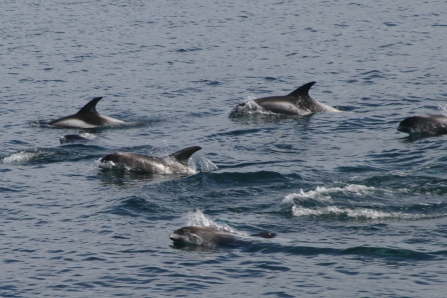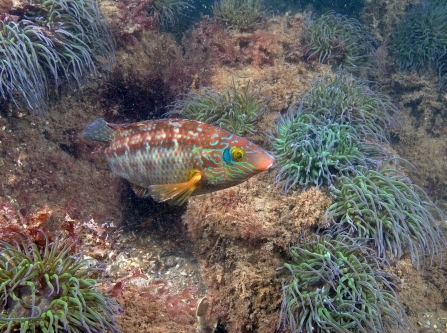
Compass jellyfish. Photo, Paul Naylor
Walk anywhere along the stunning coastline of south Devon and you’ll soon come across one of many long and sinuous inlets, where the sea extends its dark blue feelers deep into the hilly green countryside. These are ‘drowned’ river estuaries, caused by the tilting of the whole south west peninsula over millions of years.
Each hosts its own distinctive array of marine habitats and species, and all of them count among the most important, precious but least known wildlife gems in the region.
Marine Conservation Zones
That’s why the government’s recent announcement, that five estuaries in the South Hams and East Devon could be protected, is such a landmark. They will be among nine sites around Devon’s shores, 20 across the south west peninsula and 41 around English and Welsh coasts, that have been listed as potential Marine Conservation Zones (MCZs).
50 such sites have already been designated in two previous rounds, referred to by Defra as ‘tranches’. This third tranche is likely to be the last occasion when a large number of Marine Protected Areas could be designated, and so getting the right sites properly protected is absolutely crucial for the health of our seas and the wildlife they hold.




Comments